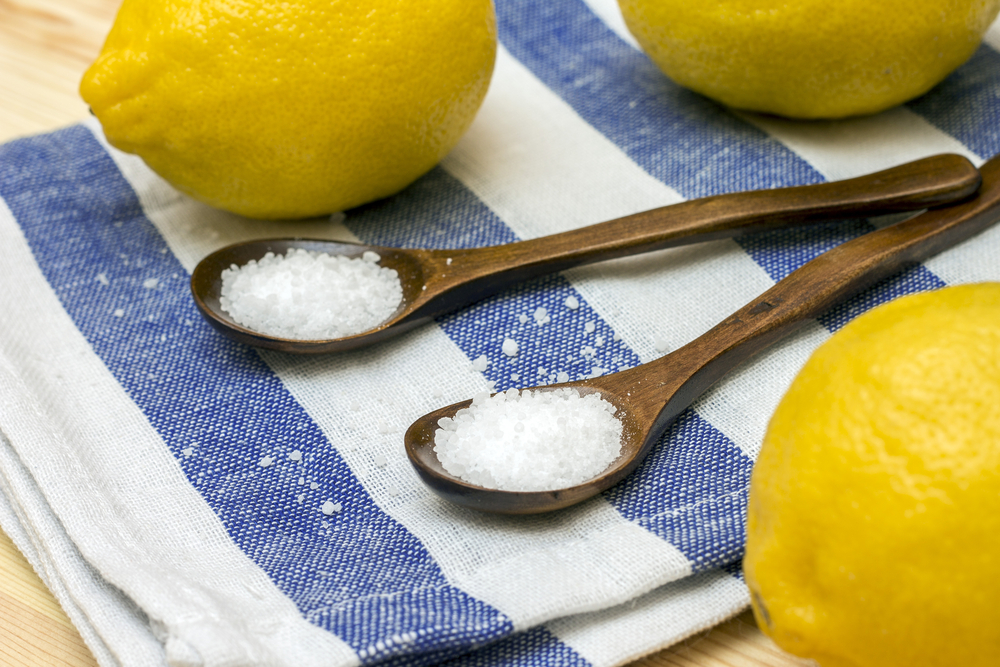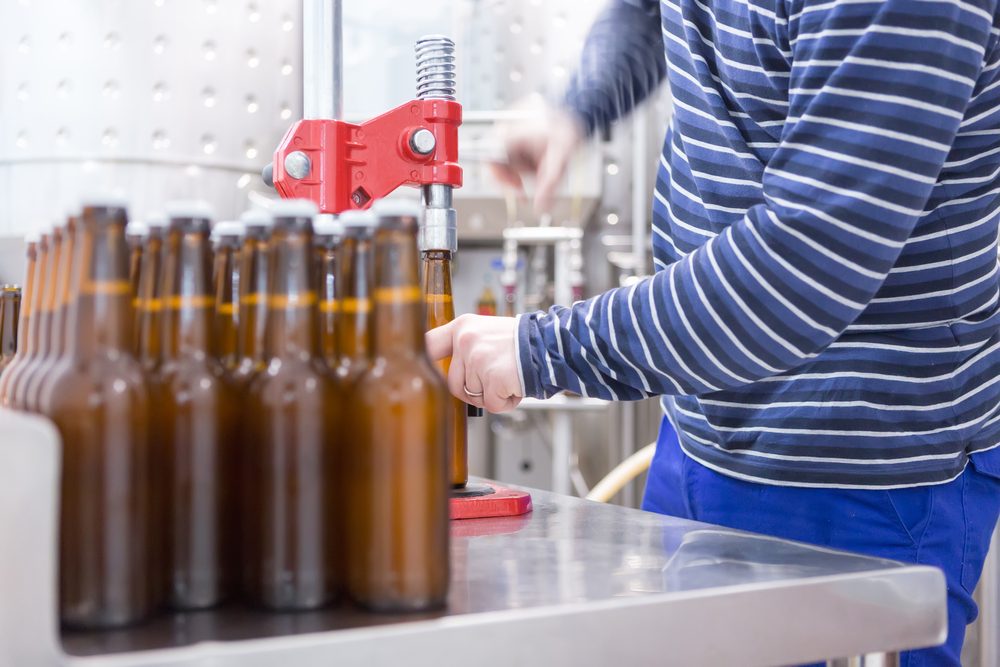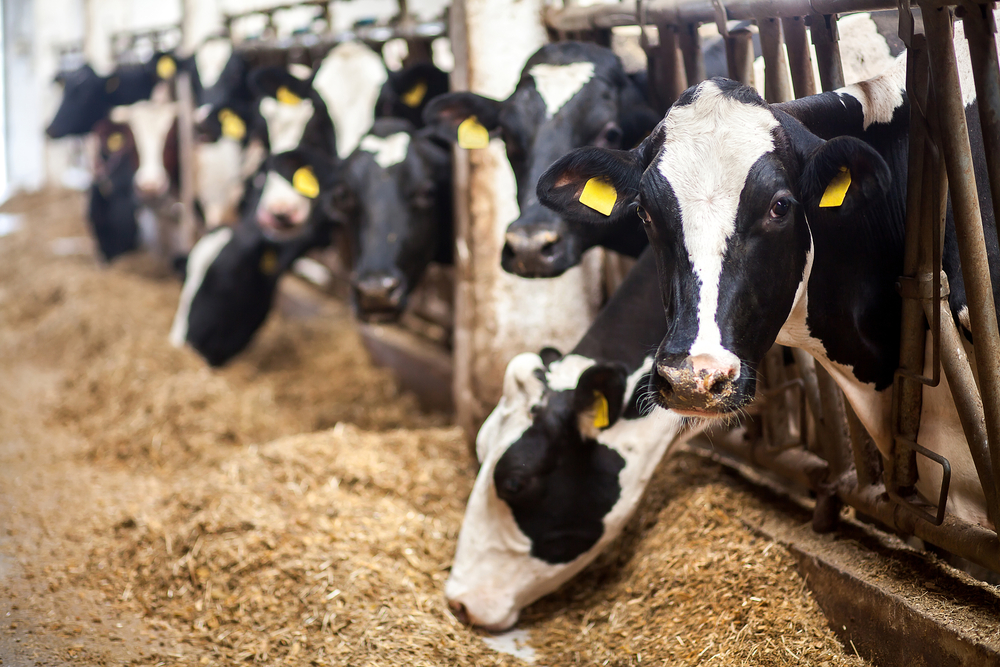Until now in 2020, a limit on the use of biofuels made from molasses has been established, given the concerns on the displacement of molasses from food and feed to biofuels.
During the Recast of the Renewable Energy Directive (2016 – 2018), the European Commission proposed to promote the use of molasses in biofuels. According to that proposal, molasses would have had the same status as waste materials such as used cooking oil and its use for biofuels would have been favoured through a specific blending target. This was avoided only thanks to the essential support of the co-legislators, the European Parliament and the Council of the European Union.
Where do we stand now? Unfortunately, and despite the democratic position of the co-legislators not to include molasses back in 2018, it remains a key raw material of interest for the biofuel sector, and is still wrongly subject to being defined as a waste or a residue.
In April 2019, the legally required review of the Annex IX in the Renewable Energy Directive adopted in 2018 was launched. Once again, pressure to promote the use of molasses in biofuels must be counter-balanced with facts:
- According to the OECD/FAO, the EU already has a structural deficit of molasses for all uses, and needs to import more than 1.6 million tonnes of molasses each year.
- Thus, there won’t be enough molasses to cover additional demand for biofuels that would be triggered by the mandatory blending target.
- For industry sectors such as yeast, there is to date no alternative to molasses. The current pressure coming from the European Commission, biofuels manufacturers and their partners, threatens a broad value chain of industries.
Considering the above, the inclusion of molasses to mandatory blending target in the Renewable Energy Directive is simply not acceptable for the Molasses Alliance.
Promoting molasses for biofuels through specific targets will:




